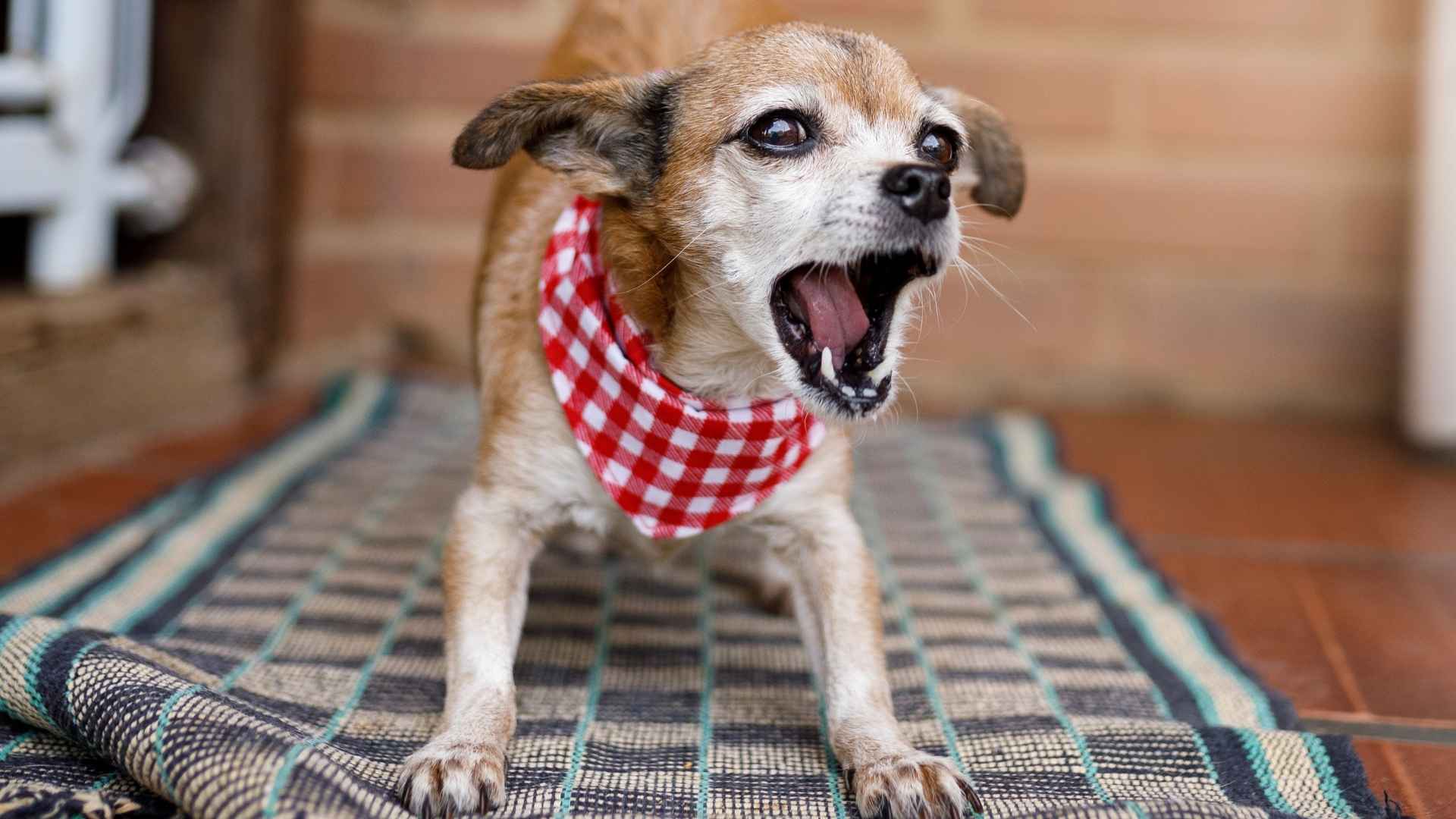How vocal a dog is can be an important factor to consider while adopting a furry baby. All dogs make sounds like howling, baying, barking, and growling to communicate, but some breeds are more vocal than others.
A dog with a big bark doesn’t need to be aggressive. Dogs use their voices to convey emotions, including joy, fear, excitement, anxiety, and alertness. A dog’s DNA plays a major role in determining its vocal nature.
Herding dogs, guard dogs, and companion dogs tend to be more talkative. A vocal dog breed is a perfect choice if you are looking for a farm dog to protect livestock. However, if you live in an apartment, these vocal breeds might not be well-suited for you.
Here are the 7 most vocal dog breeds for individuals who love to talk to their doggos.
Most Vocal Dog Breeds
1. Siberian Husky
Siberian Huskies are working dogs who were originally bred to pull sleds. These pack dogs have a natural tendency to use their voice to communicate with their pack. Huskies do not bark much; they vocalize instead!
Huskies’ communicative vocalizations include whining, howling, yelping, and screaming. Huskies have a vocal range of around 90 decibels, and they can communicate over long distances. They make an impressive amount of noise, intending to be heard or understood.
They are known to howl along with various sounds from the surroundings, such as those of a siren or a crying baby. The American Kennel Club mentions that they can even sing along to the music. Siberian Huskies are sensitive to the frequency and tones of human speech and try to mimic it as well.
2. Dachshund
Dachshunds are also known as Doxies, Weiner dogs, sausage dogs, or hot dogs. PetMD mentions that they were originally bred in Germany to hunt badgers, which is why they are also called badger dogs. These lively and brave fellows have long bodies, short legs, and big barks.
Many Dachshunds love to dig, especially if they smell a small animal underground. They will bark about anything that makes them excited or stressed. The bark of a Dachshund can often be misunderstood as that of a big dog, due to which they serve as excellent watchdogs.
Apart from barking, Dachshunds growl, howl, whine, and groan as well. Growling indicates fear or discomfort, whereas whining may be a sign of attention seeking, discomfort, or anxiety. Sighing and groaning are associated with relaxation and contentment.
3. Basset Hound
Basset Hounds are the gentle and loving pack dogs who bark, bay, whine, yelp, and howl. These good-natured dogs love being surrounded by their favorite humans. Just like other breeds on our list, Basset Hounds try to communicate a lot through their vocalizations.
Basset Hounds bark excessively when they are lonely or excited. They have keen noses; scents agitate them, which can trigger howling. While they are calm at home, Basset Hounds can be a bit stubborn on a scent trail and bark in a deep, resonant voice.
You can engage your Basset Hound in scent games or take them for long walks during the daytime to minimize howling at night. Your Basset Hound may also howl out of loneliness or separation anxiety. To avoid this, make sure to give them attention and exercise them properly.
4. Australian Shepherd

Herding is ingrained in Aussies’ DNA! Just like other herding dogs, they have a natural tendency to bark. Australian Shepherds are intelligent and highly trainable. They bark when they get excited, are trying to get away, or even when trying to herd.
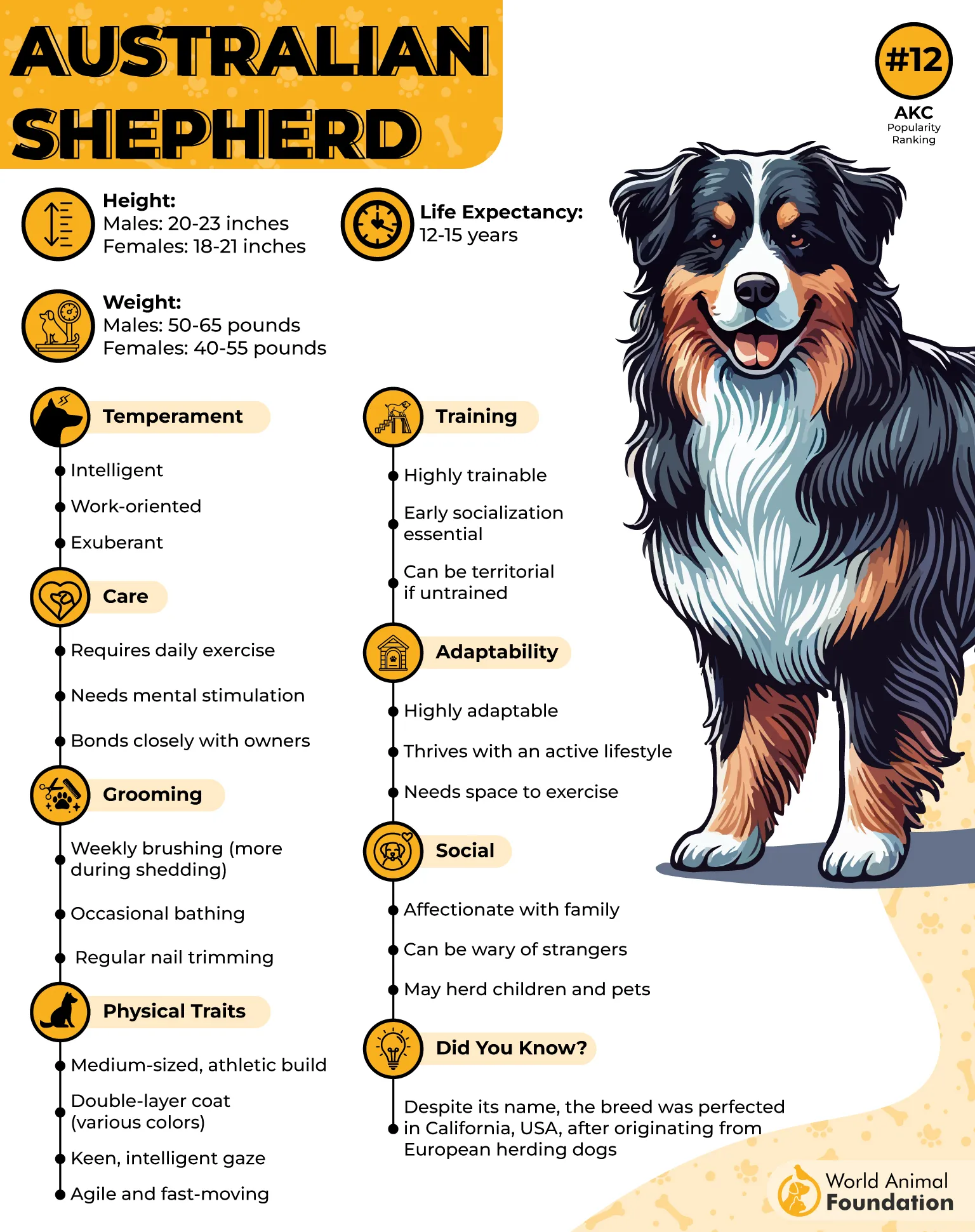
Aussies make good watchdogs due to their protective and alert nature. They bark when they perceive a threat to their territory or their people. Sometimes, their barking can also be associated with fear or anxiety resulting from exposure to unfamiliar faces or new places.
Without proper training, Aussies may not know how to behave in different situations. So they use dogs’ barks as a way to communicate their frustration or confusion. They are possessive of their toys, so they may bark reactively if their favorite toy or food is taken away.
5. Chihuahua
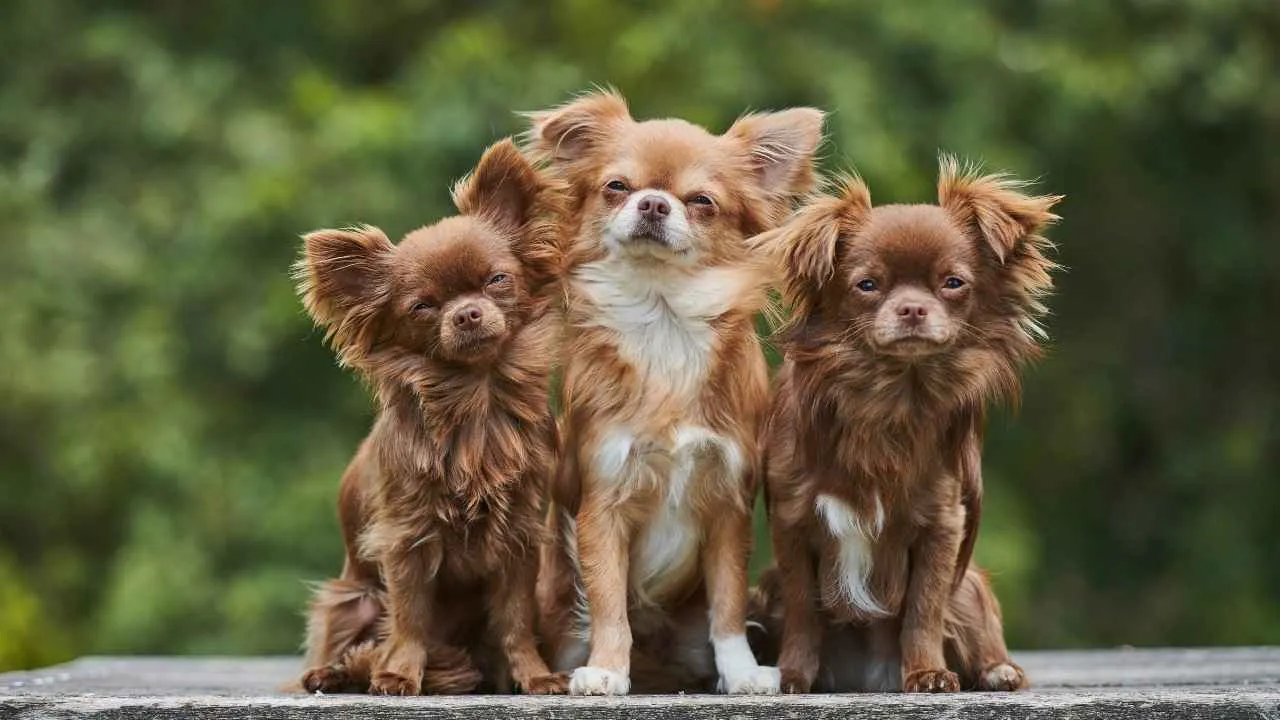
Chihuahuas are small dogs with big personalities. This fearless breed is known for its bravery and yippy bark. Chihuahuas tend to go up to dogs much larger than themselves and bark them down.
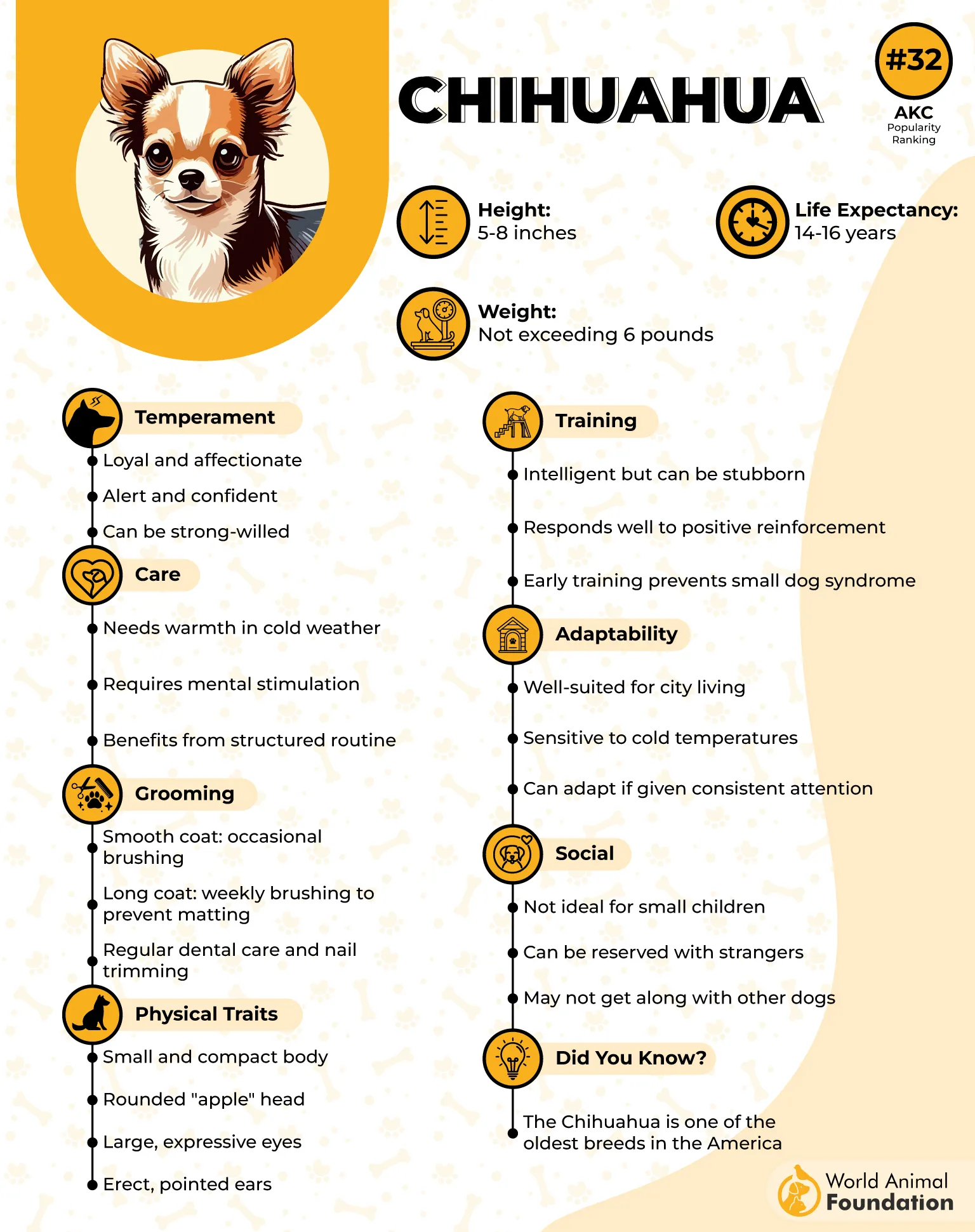
These intensely loyal canines use their voice to express excitement. They thrive on human attention, so they may bark to seek affection from their owner. Other than barking, you may hear a Chihuahua howling, barking, growling, and whining.
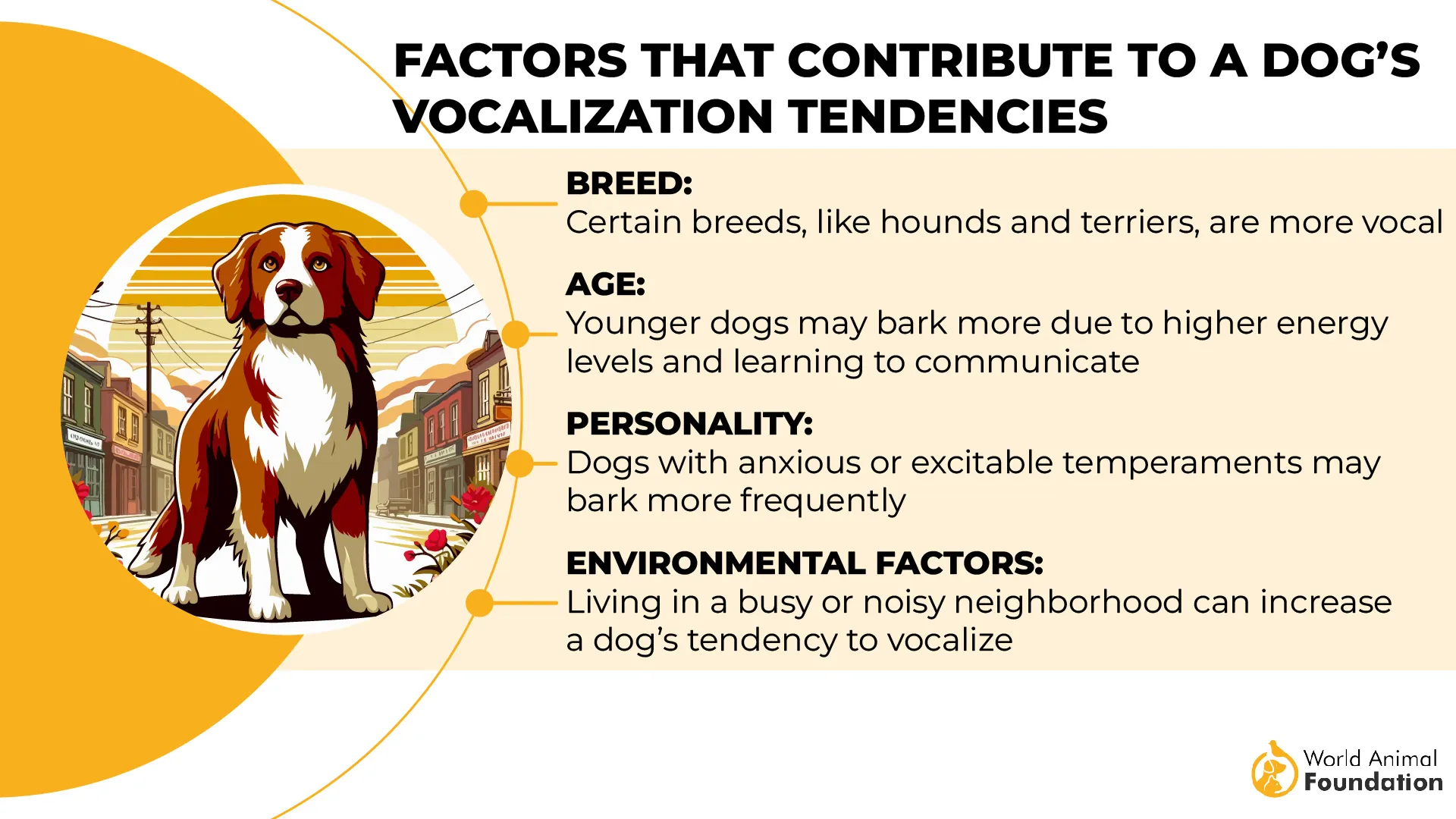
Chihuahuas are high-energy small dogs and need enough activity to release this energy. Without adequate exercise, these yappy dogs can turn their extra energy into a high-pitched, monotonous bark. Sometimes, the fiercely territorial Chihuahuas bark to protect their territory.
6. Yorkshire Terrier
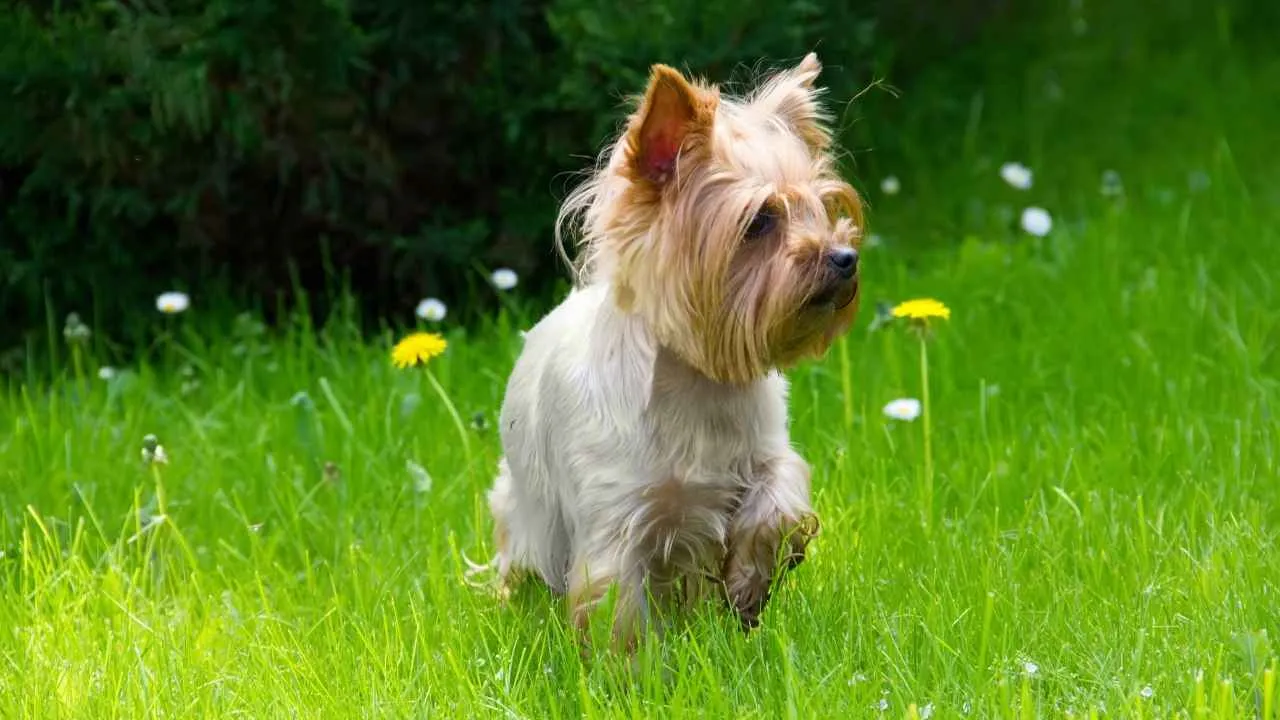
Yorkshire Terrier is another small dog breed with great personalities and a tendency to talk a lot. These vocal dogs who make sure their owners listen to their voice, explains WebMD. Whether they see a new visitor or hear an unfamiliar noise, Yorkies start barking.
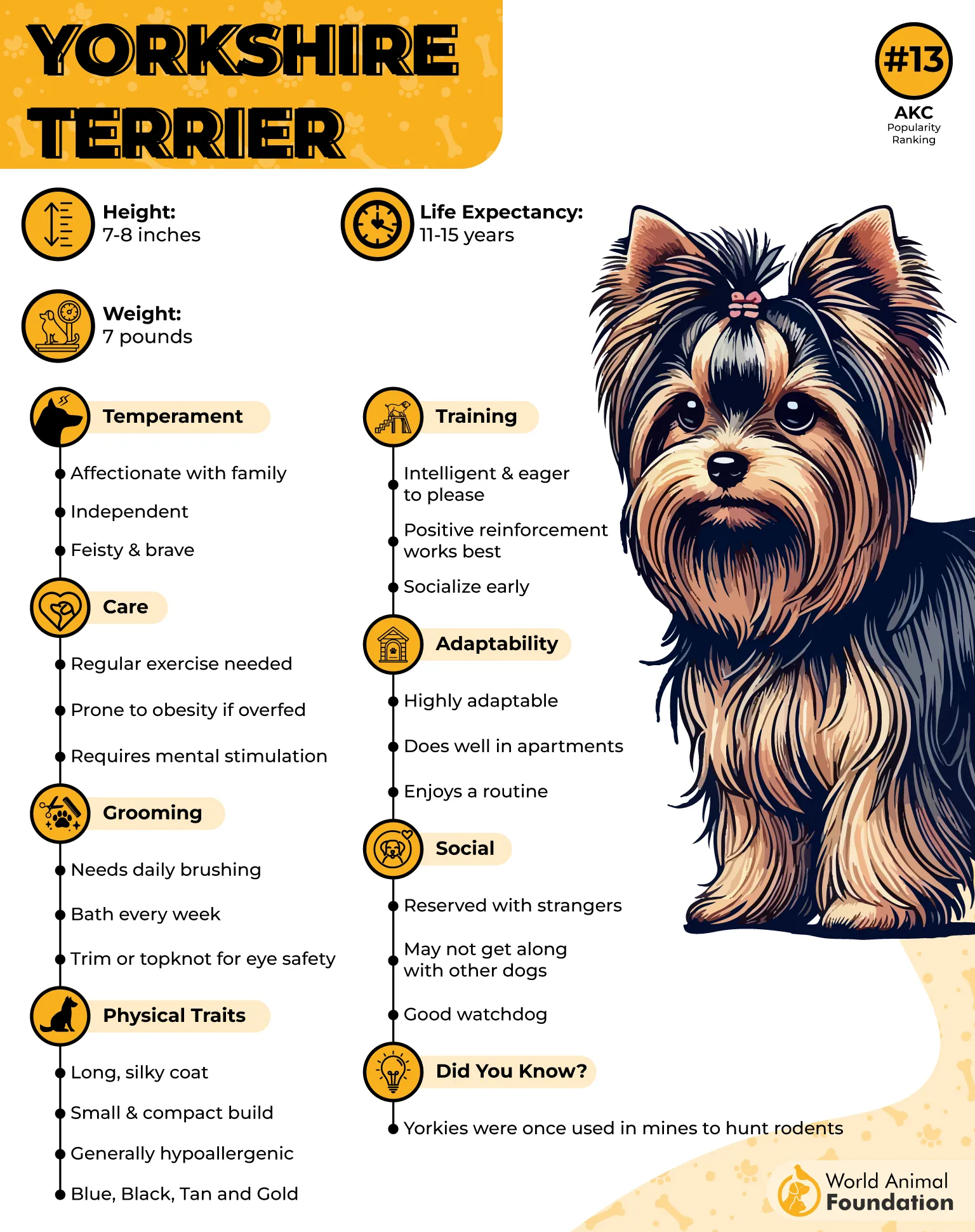
Yorkies are the fearless, brave, and assertive hunting dogs who were bred in the 19th century in England. Now, they make wonderful family pets and form strong bonds with their owners. Yorkies crave companionship; they will bark and whine to get your attention.
These courageous fellows will always vocalize when they see something they think you should know about. Yorkies may also bark out of boredom or separation anxiety. Make sure to give them around 45 minutes of exercise and lots of love to avoid excessive barking.
7. Miniature Schnauzer
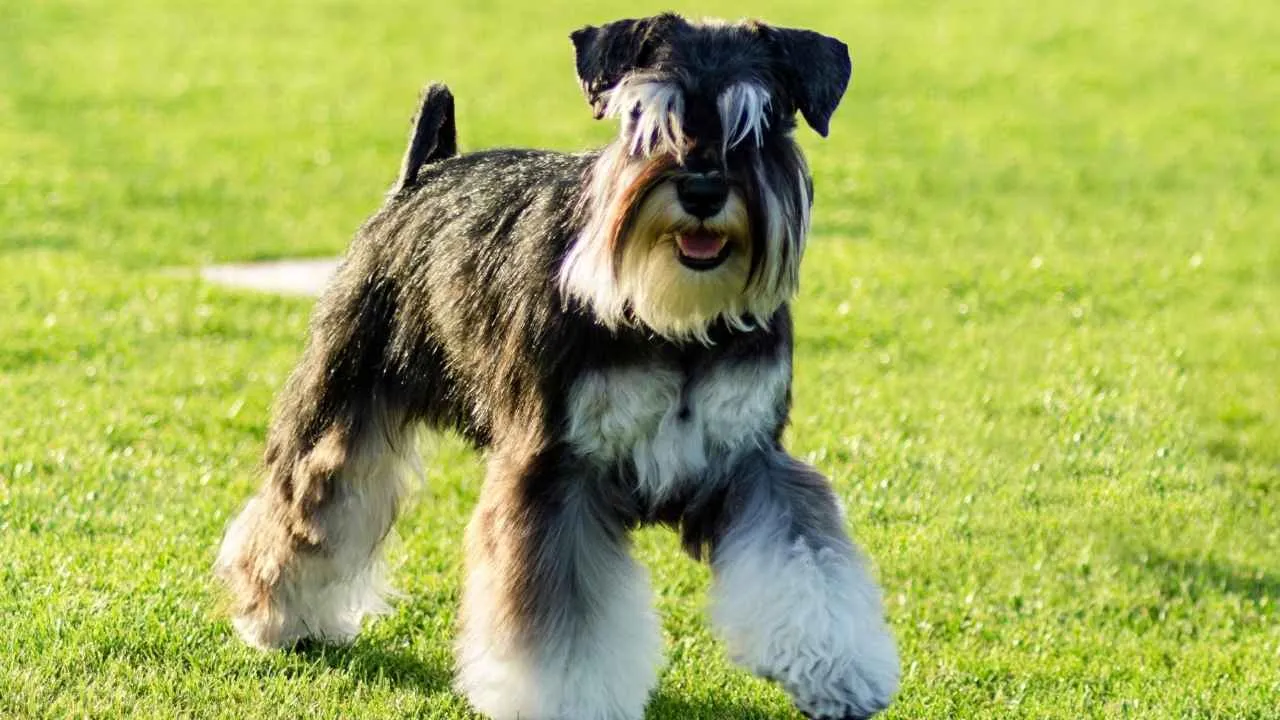
Schnauzers have three variations: Miniature, Standard, and Giant. Miniature Schnauzers are quite different in temperament from Giant Schnauzers. They have a sassy attitude and a tendency to bark at anything and almost everything.
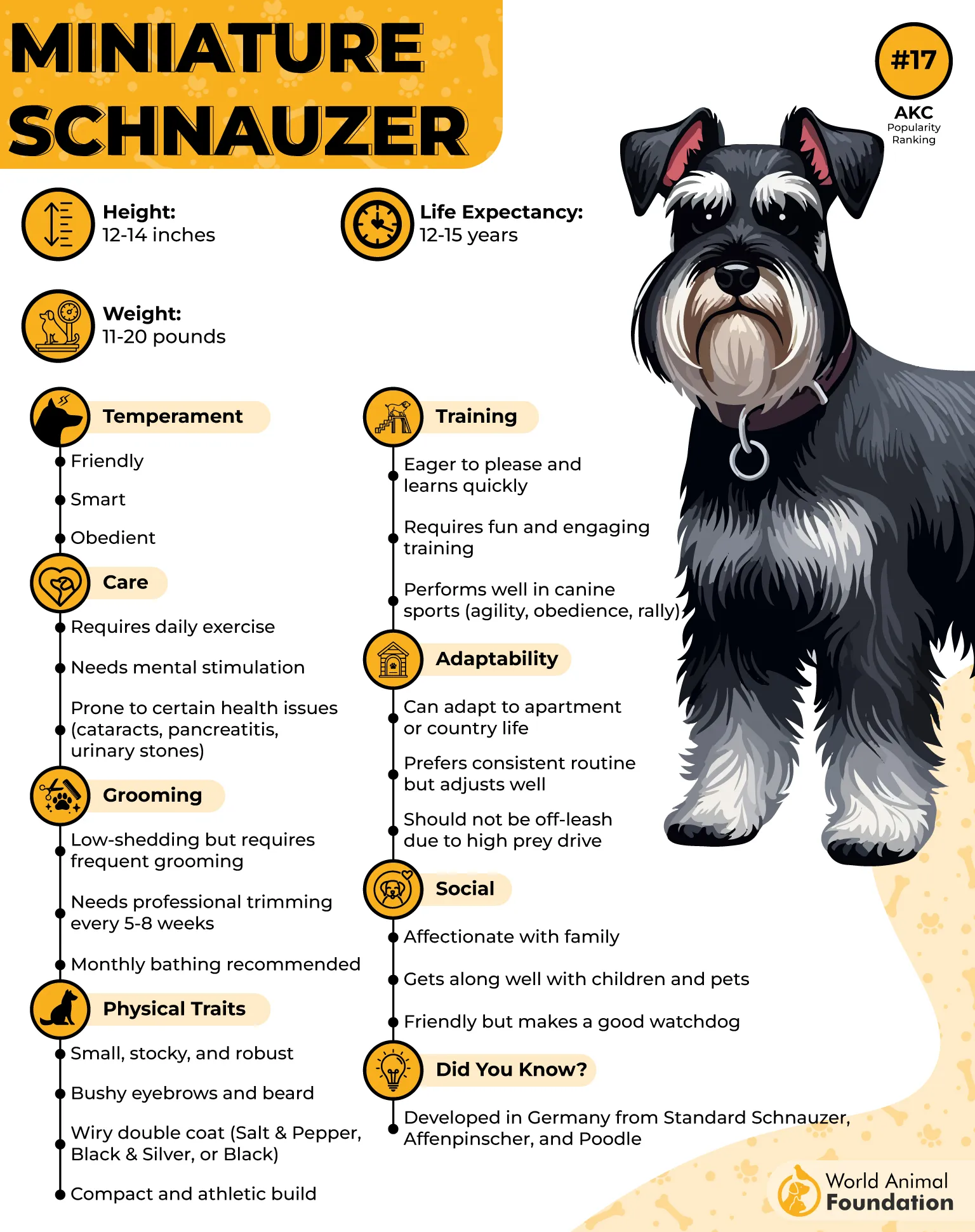
One of the most talkative dog breeds, Miniature Schnauzers make great watchdogs with heart-melting personalities. Mini Schnauzers love being busy and learn quickly; they need adequate physical and mental stimulation so they do not bark excessively.
Therefore, your Miniature Schnauzers need proper training, exercise, and enrichment. Boredom or anxiety can be problematic. While their size makes them well-suited for apartment living, their loud barks may offend your neighbors.
Conclusion
While some dogs bark rarely, others are quite vocal. Some dogs, like Huskies, just love to talk, but other breeds may vocalize to communicate serious issues like boredom, loneliness, anxiety, lack of attention, or a potential threat.
While such dogs are a great fit for country living, they might not be well-suited for apartment dwellers. Proper training and socialization can help these furry friends behave well around unfamiliar faces and places. Lastly, exercise your dog regularly and shower them with lots of love and affection to prevent excessive barking!


